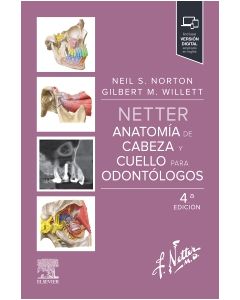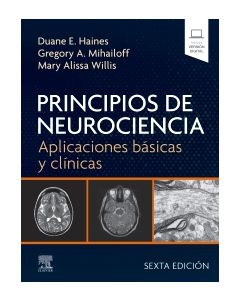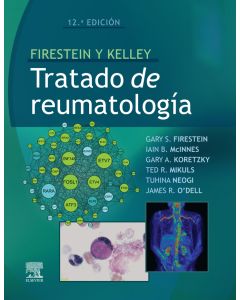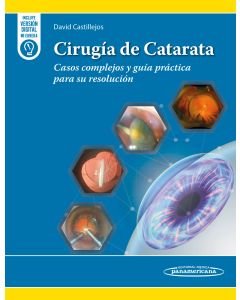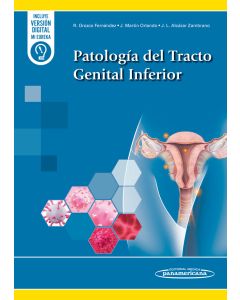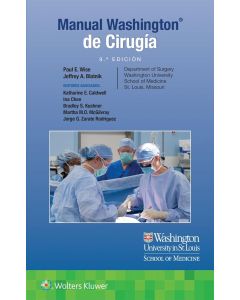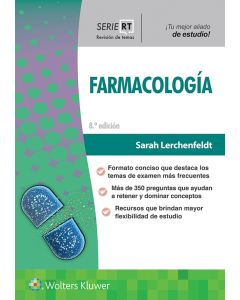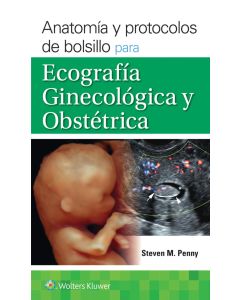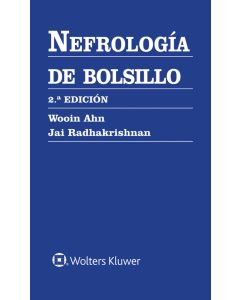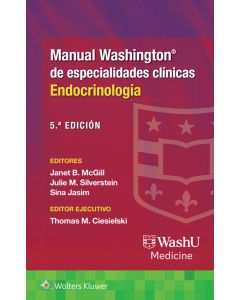Hagberg And Benumof'S Airway Management, 5Th Edition
Incluye Gastos de Importación
-
Especialidad
- Anestesia y Reanimación
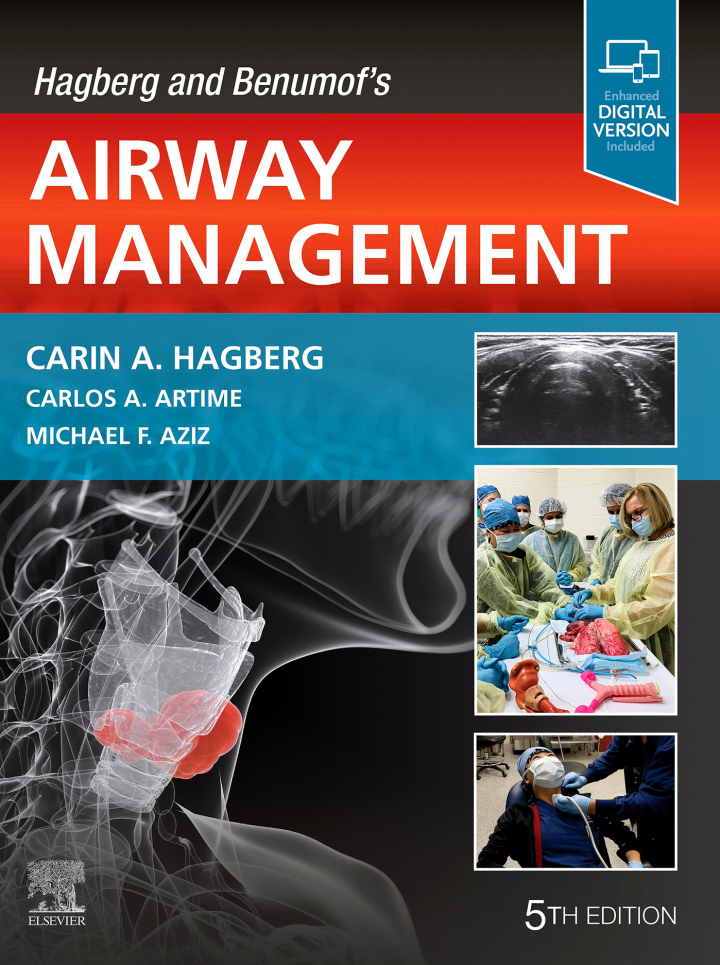
PART 1 Basic Clinical Science Considerations
1. Functional anatomy of the airway
2. Radiographic and cross-sectional imaging of the airway
3. Ultrasonography in airway management
4. Physics of the airway
5. Physiology of the airway
6. Airway pharmacology
7. Physiologic and pathophysiologic responses to intubation
PART 2 The Difficult Airway: Definition, Recognition, and the ASA Algorithm
8. Definition and incidence of the difficult airway
9. Airway assessment and prediction of the difficult airway
10. Development of an airway management plan
11. Algorithms for management of the difficult airway
PART 3 Preintubation-Ventilation Procedures
12. Preparation of the patient for awake intubation
13. Aspiration prevention and prophylaxis: preoperative considerations for the full stomach patient
14. Preoxygenation
15. Techniques to Induce General Anesthesia
PART 4 The Airway Techniques
16. History of airway management
17. Oxygen delivery systems, inhalation and respiratory therapy
18. Noninvasive management of the airway
19. Supraglottic airway techniques: Laryngeal mask airways
20. Supraglottic airway techniques: Nonlaryngeal mask airways
21. Laryngoscopic tracheal intubation
22. Blind intubation techniques
23. Intubating introducers, lighted and optical stylets
24. Video-assisted laryngoscopy
25. Flexible scope intubation techniques
26. Lung isolation techniques
27. Percutaneous emergency airway access
28. Rigid bronchoscopy
29. Surgical airway
30. Confirmation of tracheal intubation
PART 5 Difficult Airway Situations
31. Prehospital airway management
32. Cardiopulmonary resuscitation and airway management
33. Austere environment and disaster preparedness
34. Airway Management in the Trauma Patient
35. Airway management in burn patients
36. Airway management in pediatric patients
37. Airway management in obstetric patients
38. Airway management in head and neck surgery
39. Anesthesia for laser airway surgery
40. Airway management in neurosurgical patients
41. Obesity, Sleep Apnea, the Airway, and Anesthesia
42. Regional anesthesia and the difficult airway
43. Airway management in nonoperating room locations
44. Airway management in intensive care medicine
PART 6 Postintubation Procedures
45. Endotracheal tube and respiratory care
46. Mechanical ventilation 47. Monitoring the airway and pulmonary function
48. Extubation and reintubation of the difficult airway
49. Complications of managing the airway
PART 7 Societal Considerations
50. Airway management education
51. Dissemination of critical airway information
52. Airway Research
53. Airway management and outcomes reporting
54. Role of the airway community
Index

